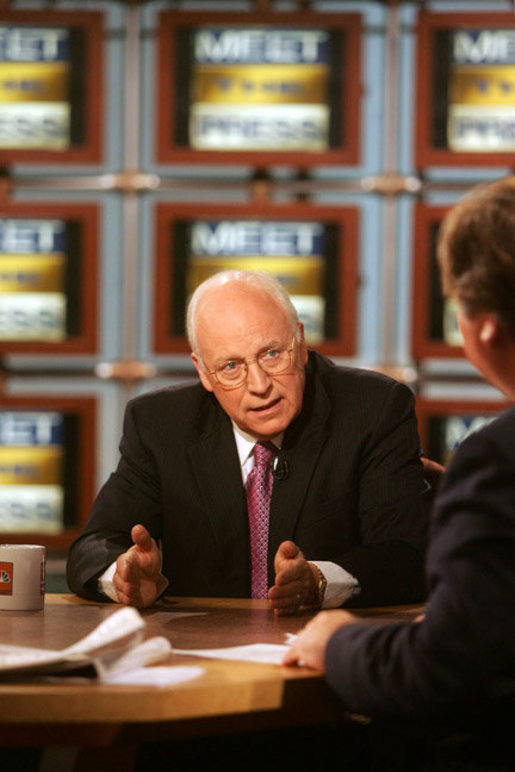The Project for a New American Century (PNAC)—founded by, amongst others, Dick Cheney, Donald Rumsfeld, Paul Wolfowitz, John Bolton, Zalmay Khalilzad, Richard Armitage, and Scooter Libby (all future Bush administration principals and officials)— releases its first public letter where it demands that President Clinton undertake the “removal of Saddam Hussein’s regime” in Iraq, labeling containment “dangerously inadequate.”
The Project for a New American Century is later labeled “neocon” and influential in setting up a war with Saddam Hussein but the Clinton administration started down this path to a final showdown, both overstating the WMD threat and declaring that regime change was the only path to normalization of relations.
